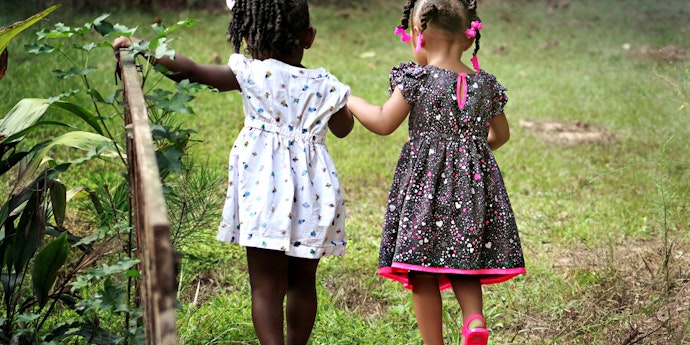What do you remember from school? What caused you to be who you are today? Chances are, a group project, a special speaker, or a field trip helped you decide. It may have even been something you did on your own, outside of school after learning about a given topic. There was something in your life that sparked your passion or curiosity. It pushed you to take your learning into your own hands and learn more.
Every student comes to the classroom with a different world experience. We know that students who have been exposed to many different things do better in school. In order to be successful readers, students need to relate what they read to what they've experienced. To think broadly students need to have a variety of experiences.
As teachers, we know that field trips are important, but why specifically? There are a number of significant benefits.
Real World Learning
As teachers, a field trip is one of the best tools that we can use to provide every student with real-world experiences. Whether that's a trip to the local grocery store, waterfront park, a library, a museum, a theater, a community garden or a restaurant, each experience that a student participates in contributes to their understanding of the world.
When students leave the classroom, they see the connections between what is happening at school and in the ‘real-world’. They begin to see that what they learn within the walls of the classroom can help them solve the problems they see in the world around them and can have a direct impact on who they become as people.
Access
Students are able to access tools and environments that are not available at school. Our communities are rich learning laboratories. Field trips make it possible to take students to see an underwater ecosystem at an aquarium, participate in citizen science in a river, use high powered microscopes, see and touch historical artifacts in person and present on a public stage among hundreds of other things. Each experience solidifies learning and supports important academic concepts.
Socio-emotional Growth
Students who go on field trips become more empathetic and tolerant. A study conducted by the University of Arkansas found that students that participate in a field trip to an art museum show increased empathy, tolerance and critical thinking skills. Studying art gives students a chance to think about a topic or theme from a different perspective.
Academic Impact
Field based learning increases test scores. A recent study by Emilyn Ruble Whitesell showed that middle school students who participate in science field trips through the Urban Advantage program score better on the state science test. Field trips and hands on learning make concepts more memorable. Just think back to what you learned in school, the field trips you took, and what you learned on them are still some of the clearest concepts.
Additionally, field trips are important because students are able to engage with content in a variety of ways. Concepts are presented through all different media and different modalities, so students who struggle with traditional learning can feel smart and confident. They are able to access the content better when they can learn holistically. When they return to school, the trip that they took can serve as a touchpoint for an entire unit.
Some of our students worlds are so small, but the community that each child lives in is an incredible resource for broadening it. Within each student’s city or region, there are people and places that students can access that cannot be replicated by the Internet or in the classroom. This multisensory learning experience can bring one dimensional lessons to life and create enthusiasm for a subject that is hard to replicate through other media. As teachers, it’s our duty to make that possible.
Explorable Places is a new online platform that helps you find the best field trip for your students. Click here to search by subject, grade, price, location and accommodation. You'll find just what you are looking for.
